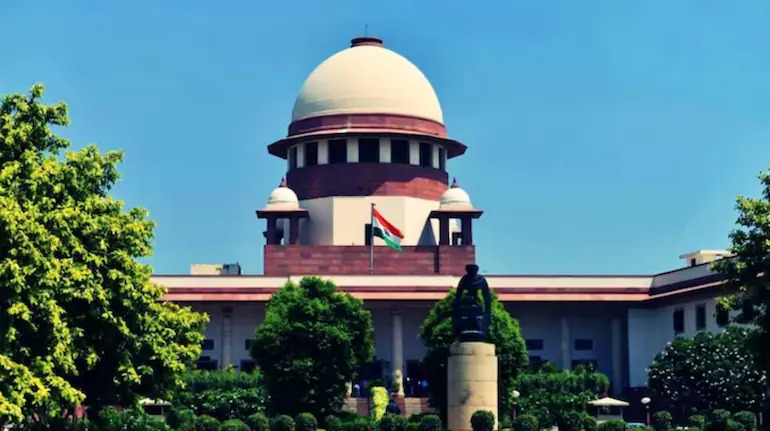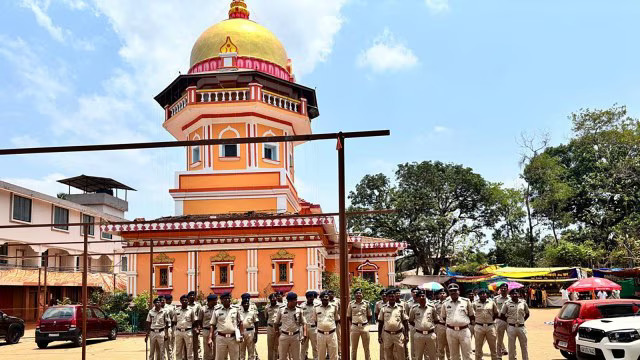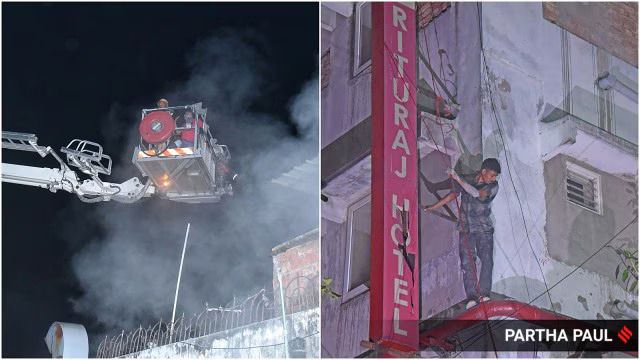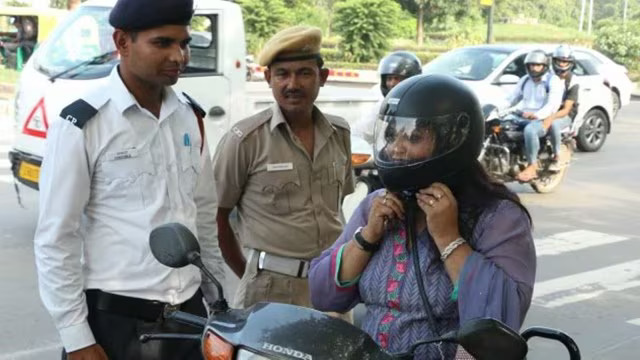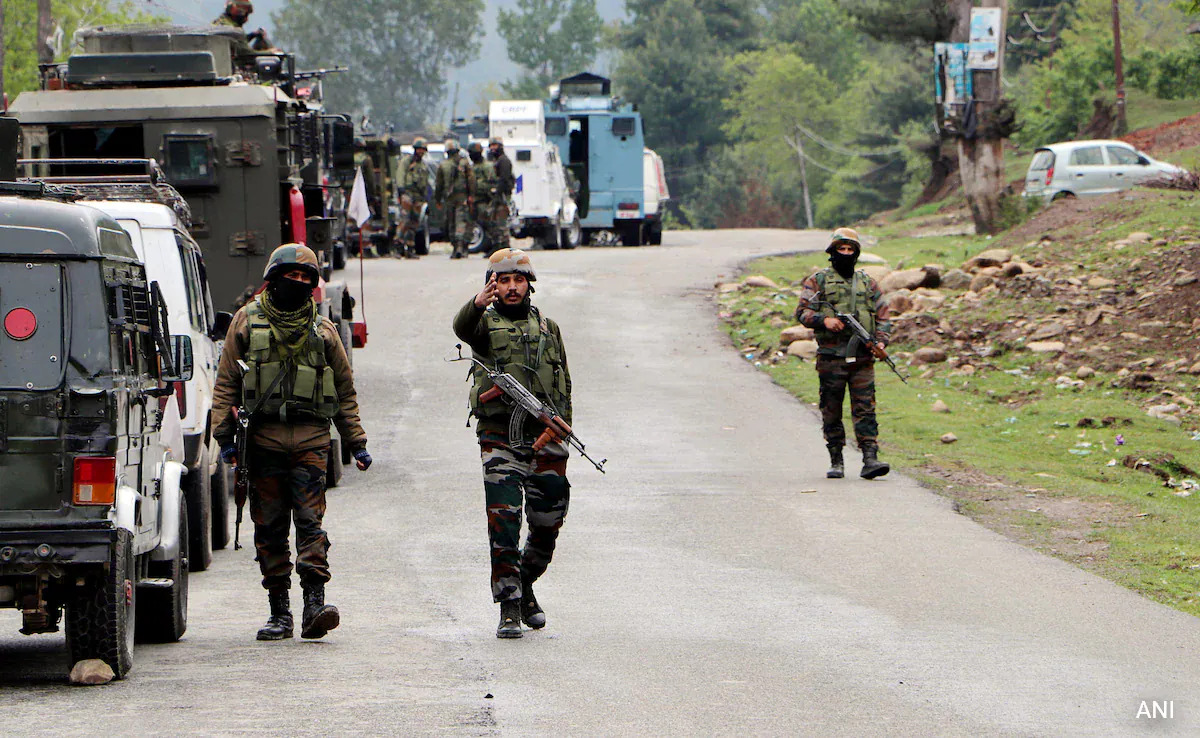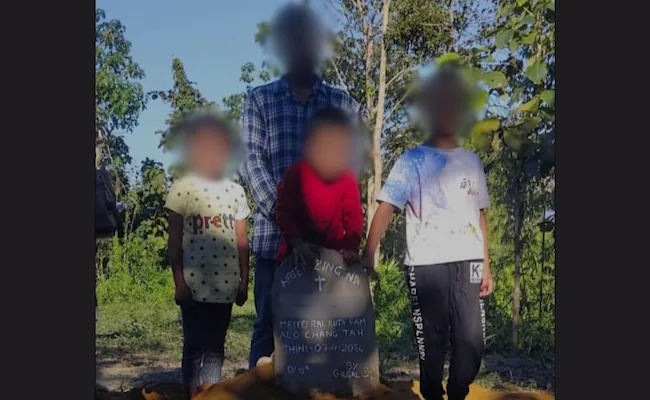The court says the permanent alimony amount should be decided in such a manner that does not penalise the husband but ensures a decent standard of living for the wife

A case has been filed at the Marathahalli police station based on the complaint filed by Atul’s brother, Bikas Kumar, against four people, including Atul’s wife Nikita Singhania
Amid the ongoing debate over the suicide of Bengaluru-based techie Atul Subhash, the Supreme Court has laid down an eight-point formula to decide the alimony amount. It is alleged that Subhash committed suicide due to harassment from his wife and in-laws for money.
Before taking his own life, Atul recorded an 80-minute video accusing his estranged wife Nikita Singhania, and her family of extortion and harassment. He also penned a 24-page suicide note criticising the justice system.
According to a Live Law report, a top court bench comprising Justices Vikram Nath and Prasanna B Varale laid down the guidelines for deciding the final alimony amount in a divorce case involving a Hindu couple.
The appellant (husband) and respondent (wife), remained married for six years and lived separately for nearly two decades. The husband claimed the wife was overly sensitive and distant from his family, while the wife alleged his mistreatment.
Here are the eight factors listed by the top court be to be considered when deciding on alimony.
•Status of the parties, social and financial.
•Reasonable needs of the wife and the dependent children.
•Parties’ individual qualifications and employment statuses.
•Independent income or assets owned by the applicant.
•Standard of life enjoyed by the wife in the matrimonial home.
•Any employment sacrifices made for the family responsibilities.
•Reasonable litigation costs for a non-working wife.
•Financial capacity of the husband, his income, maintenance obligations, and liabilities.
While the top court advised all other courts to follow the guidelines to decide a permanent alimony amount, it added that the aforementioned factors “do not lay down a strait jacket formula but act as a guideline while deciding permanent alimony.”
The court observed that the permanent alimony amount should be decided in such a manner that does not penalise the husband but ensures a decent standard of living for the wife.
A case has been filed at the Marathahalli police station based on the complaint filed by Atul’s brother, Bikas Kumar, against four people, including Atul’s wife Nikita Singhania, under sections 108 (Abetment of suicide) and 3(5) (When a criminal act is carried out by multiple persons in furtherance of a common intention) of the Bharatiya Nyaya Sanhita (BNS).
The FIR has been filed against Nikita Singhania, her mother Nisha Singhania, brother Anurag Singhania and uncle Sushil Singhania. The police are likely to issue notices to all the accused asking them to appear for investigation.
According to the FIR, the accused filed false cases against Atul and demanded Rs 3 crore to settle the matter. The FIR also notes the allegation that Nikita was demanding ₹30 lakh for allowing Atul to meet their son.
Police said Atul was facing marital issues as his wife had filed numerous cases against him in Uttar Pradesh, which he talked about in the video shot just before his extreme step.
Before dying by suicide, he shared the note in a WhatsApp group of an NGO he was a part of. He also sent it to several others via email.

